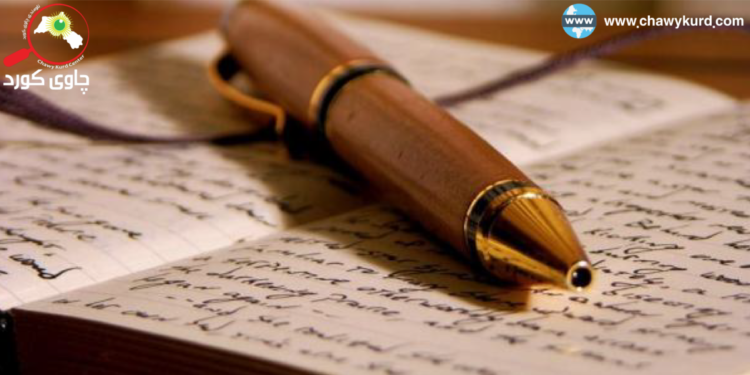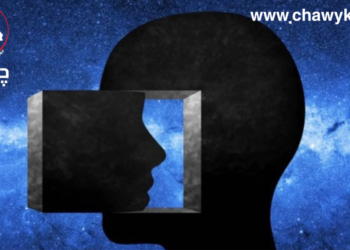If I were to start this article with the question of whether a historian should be impartial, I would consider most of us would think we had the answer. We have been taught to think that any research in the world of culture must be impartial, motivated by no practical goals and no desires except the passion to discover truth, whatever truth may be!
Nonetheless, on the other hand, I often wonder if such a separation of theory from practice is possible in principle. That is why in this article I want to analyze the question in question only about historical research, and instead of asking whether the historian must be impartial, I ask whether the historian can be impartial in principle, because this is the question we must address first. That is, if a person is fundamentally incompetent in doing something, the question of whether he should do something or not does not matter.
On the other hand, we cannot delve into this issue unless we first explain what we mean by neutrality and its opposite, bias. I think it’s better to distinguish between two kinds of biases, one based on what we want and the other based on what we think is right. Of course, I admit that the boundaries between the two are not entirely clear and are gradually falling apart, but if we interpret each separately, the matter becomes clearer. One meaning of impartiality is the absence of prejudice.
By prejudice I mean a person’s tendency to judge issues and resolve them before interpreting the evidence and reasons. For example, one might embark on a study of whether the University of Oxford or the University of Cambridge is older; and if he thinks that antiquity alone will make organizations proud, and if he wishes to think that his own university will be more proud, he will surely begin with the prejudice that Oxford is more ancient than Cambridge. Equally, such a person might undertake a study of the causes of World War I in 1914, but with the prejudice that all the mistakes were on the German side; or of the invasion of England by the Normans in A.D. 1066, but with this prejudgment that it would still be better that the French should not prevail over the English. I have chosen these examples to show how widespread the seeds of prejudice can be sown in historical knowledge.
Everyone knows the fact that for someone who wants to find the truth, premature decisions are dangerous. If the researcher wants A to be right, his wish for this article will lead him to a place that confirms all the evidence and reasons in the service of “A” and jumps over the reasons and evidence that advocate “B”. It is clear that the historian cannot be outside the realm of prejudice when discussing issues that concern him or her as a person in action or even when writing reflects his or her interests.
Of course, the problem still exists. That is, we cannot rule out the possibility that a person can overwhelm evidence and reasons to the advantage of one party and ignore them to the detriment of another. So what should we do? Two things can be mentioned. First, instead of hypocritically pleasing ourselves by saying that we have no prejudices, or trying in vain to get rid of any prejudices, we must dig into our minds and see what prejudices we have. The desire to get a particular answer to the question, especially if it is deep, causes the historian to interpret the subject more closely and deeply in the hope of proving his belief, and therefore prejudice is the driving force behind historical research.





























































